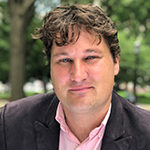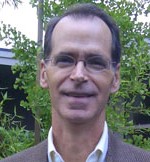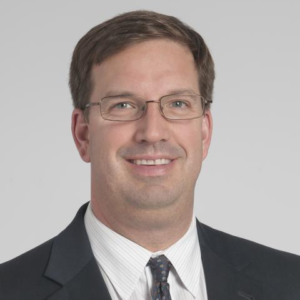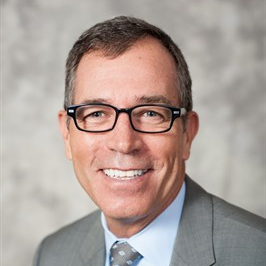Impact

Advancing a Community’s Ecology, Equity, and Economy
A blighted open space overrun with invasives that’s near a public housing complex in Shoreline, WA, will soon be home to a vibrant, accessible green space featuring 2,000 native trees thanks to an exciting new model for urban forestry funding and collaboration.
The Ballinger Open Space project is advancing ecology, equity, and the economy through a partnership among the Mountains to Sound Greenway Trust, the City of Shoreline, City Forest Credits, American Forests, and Bank of America. It’s centered around City Forest Carbon+ Credits, a new funding mechanism that quantifies key environmental services urban trees provide, plus acknowledges their contributions to social equity, infrastructure, habitat, and human health and wellbeing. As a SUFC member, City Forest Credits has been able to strengthen existing relationships with fellow members—such as American Forests—through face-to-face networking at the Annual Meeting and other information-sharing opportunities facilitated by the Coalition.
-

SUFC is a critical convener for meaningful networking opportunities that lead to real results. Our relationship with City Forest Credits is a prime example. Working side-by-side as urban forest advocates creates a pathway for information-sharing and opens a gateway for major collaborations.
-

SUFC not only connects us with other urban forest organizations, but by gathering such a broad assembly of national and regional urban forest stakeholders, SUFC also helps to shape a national voice and presence for urban forestry on critical issues such as climate change.
The Impact of Networking
The Great Urban Parks Campaign is an innovative collaboration between SUFC members National Recreation and Park Association and American Planning Association. Supported by JPB Foundation funding, this nationwide initiative is deploying green infrastructure in local parks to improve the environment and enhance social wellbeing in underserved communities. The NRPA-APA partnership was fostered by both organizations’ membership in SUFC. With its unique convening power around a central issue—urban forestry—at the heart of community vitality and resilience, the Coalition provides rare opportunities for diverse organizations to discover ways to advance interrelated goals.
-

Everyone knows they need to get out of their silos, and that’s one of the most powerful aspects of SUFC.
Trees and Public Health Partnerships
Advocates have long known that urban and community forestry is not so much an issue as it is a foundation upon which healthy, thriving cities, towns and suburbs are built. So when former SUFC chair Don Winsett and his Davey Tree client Jon Utech with Cleveland Clinic began talking about ways to build out the internationally renowned healthcare system’s sustainability program, the discussion naturally included the value of trees. Along with the critical environmental services that trees provide—stormwater management, greenhouse gas reduction, improved air quality, among others—Cleveland Clinic was quick to recognize the connection between healthy urban forests and improved health outcomes for their patients and the community as a whole. Now an SUFC member, Cleveland Clinic has become a staunch proponent and leader among its peers calling for smart policies and sound practices that incorporate trees as a critical tool for advancing public health.
-

We learn something new almost every day about how trees and green spaces are a critical part of the first-line defense in the fight against acute and chronic diseases. So for us, joining SUFC is really just an extension of our vision to be a leader in patient experience, clinical outcomes, research and education.
-

I think we’re seeing a growing wave here. More and more organizations in an ever-widening circle of issue areas are realizing how important the work of the Coalition is to them, and to the people they serve.